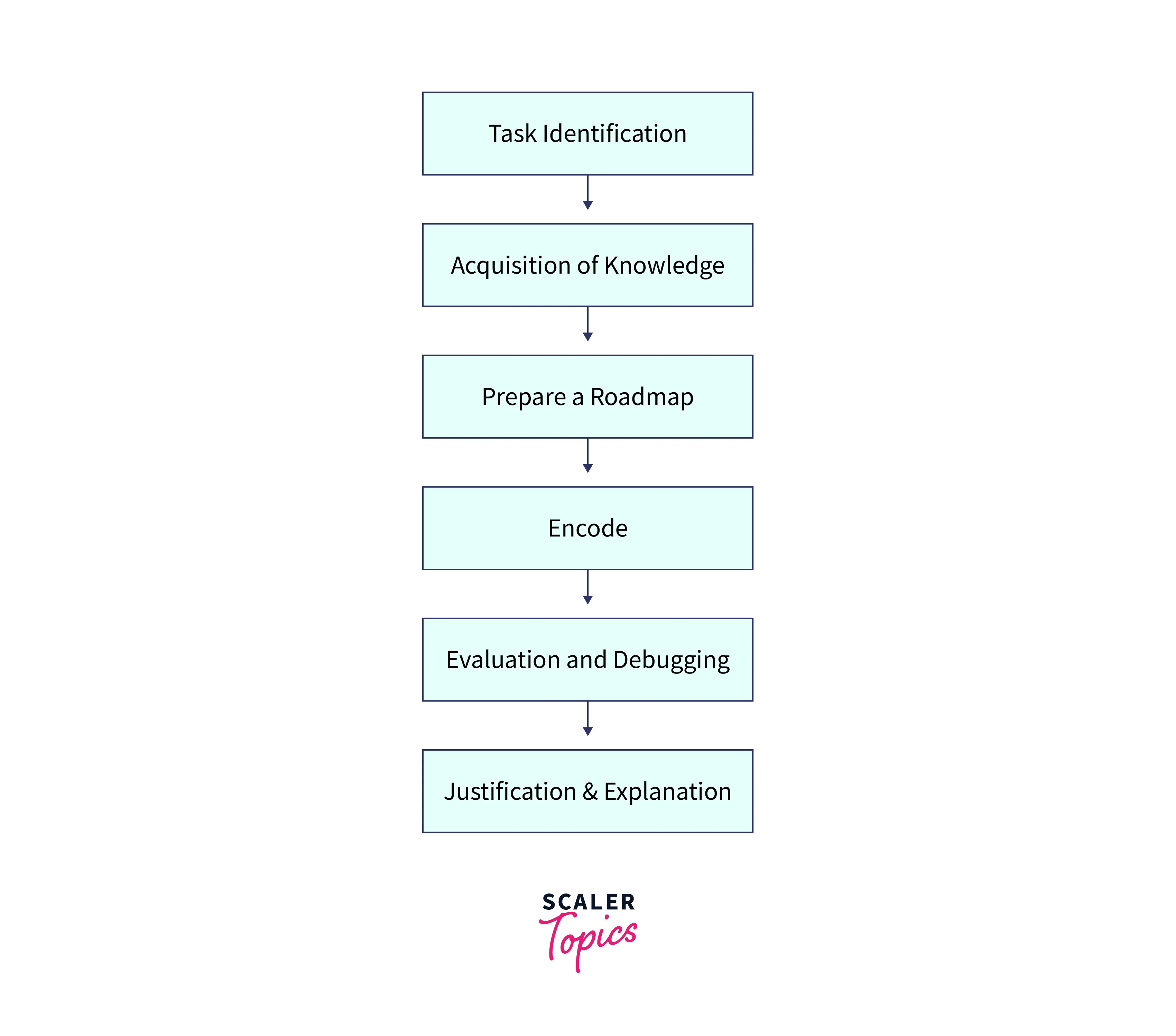Knowledge Engineering in Artificial Intelligence
Overview
Artificial Intelligence (AI) has been transforming the world in significant ways. It involves the development of intelligent machines that can perform tasks that require human-like intelligence, such as visual perception, speech recognition, decision-making, and language translation. However, for machines to exhibit human-like intelligence, they need knowledge. Here is when knowledge engineering is useful.
Knowledge Engineering in artificial intelligence is a vital process in AI that involves the acquisition, representation, and manipulation of knowledge required for the development of intelligent machines.
Introduction
Artificial intelligence (AI) has rapidly transformed various aspects of our lives. Knowledge engineering in artificial intelligence is one of the core disciplines of AI. It is a process of capturing and representing knowledge in a form that a computer system can understand and use to perform intelligent tasks. In this article, we will explore what knowledge engineering in artificial intelligence is, why it is essential, the knowledge engineering process, and its advantages.
What is Knowledge Engineering?

Knowledge engineering in artificial intelligence is a subfield of artificial intelligence (AI) that creates rules that may be applied to data to mimic the way a human expert on a certain subject would think.
Or in other words, Knowledge Engineering in artificial intelligence is the process of capturing, modeling, representing, and integrating knowledge into computer systems to enable them to perform intelligent tasks. The knowledge is represented in a form that a computer can understand, interpret and use to perform reasoning and decision-making.
Need for Knowledge Engineering
The purpose of knowledge engineering in artificial intelligence is to incorporate it into software that will make judgments similar to those made by human specialists, such as financial advisers.
The human knowledge that exists in the form of documents, books, and manuals cannot be directly used by computer systems. Knowledge engineering helps in the transformation of human knowledge into a machine-readable format that can be used by computer systems to perform intelligent tasks. It enables computer systems to reason, learn, and solve complex problems by leveraging the knowledge captured from experts in the field.
Knowledge Engineering Process

Although knowledge engineering differs in many areas, it uses the same set of steps to produce expert systems.
1. Task Identification
The first step is to identify the problem or the task that the system needs to solve. This involves understanding the domain and the requirements of the system.
2. Acquisition of Knowledge
The next step is to acquire knowledge from subject matter experts in the domain. This can be done through interviews, workshops, and surveys.
3. Prepare a Roadmap
After having the objective and knowledge base, the next step is to prepare the roadmap by reducing the goal down into manageable chunks using surveys and the related information base. Here, the subject matter expert expresses his opinions on the criteria he would weigh when making judgments and how he would do it.
4. Encode
It's now time to translate this understanding into computer language. Here, the information is encoded using various functions, and in certain circumstances, an algorithm is utilized to develop a model for a particular job. These models can make judgments depending on variables, just like an expert, but they undoubtedly need to be trained and evaluated on enough data.
5. Evaluation and Debugging
Once the knowledge-based system is developed, it is tested and evaluated for accuracy, completeness, and performance. Any faults or errors are found and remedied.
6. Justification & Explanation
Finally, the knowledge-based system is validated by providing justification and explanation for its decisions and actions.
Advantages of Knowledge Engineering
Knowledge engineering in artificial intelligence has several advantages, some of which are mentioned below:
- It enables the creation of intelligent systems that can solve complex problems.
- It enables the creation of explainable AI systems, where the decision-making process is transparent and understandable.
- Expert systems may read questions and deliver replies and solutions like that of a chatbot when designed with Natural Language Programming (NLP) and knowledge engineering.
- It facilitates the continuous improvement of the system by updating the knowledge base as new knowledge becomes available.
FAQs
Q: What is a Knowledge Engineer?
A: A Knowledge Engineer is a professional who specializes in the acquisition, modeling, and integration of knowledge into computer systems.
Q: How to Become a Knowledge Engineer?
A: To become a Knowledge Engineer, one needs to have a degree in computer science, artificial intelligence, or a related field. Knowledge of knowledge representation languages and machine learning techniques is also essential.
Q: What are the Skills Needed to Become a Knowledge Engineer?
A: The skills needed to become a Knowledge Engineer include problem-solving, critical thinking, analytical skills, programming skills, and knowledge of knowledge representation languages and machine learning techniques.
Conclusion
- Knowledge Engineering in artificial intelligence is an essential discipline of AI that enables the creation of intelligent systems that can reason, learn, and solve complex problems.
- The knowledge engineering process involves identifying the task, acquiring knowledge, preparing a roadmap, encoding knowledge, evaluating and debugging, and providing justification and explanation.
- Knowledge engineering in artificial intelligence has several advantages, including the creation of explainable AI systems and continuous improvement of the system.
